The Ungardener reviews the new fall cleanup: Thinking small in the Fall

Before cutting down a bittersweet vine the Ungardener notices a Pandora Sphinx caterpillar on its way to a nearby Virginia creeper, which is part of its diet.
Photo by Dee Salomon
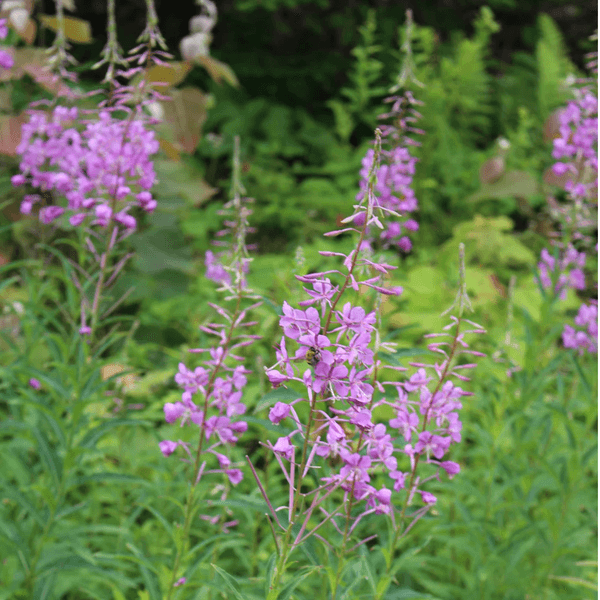
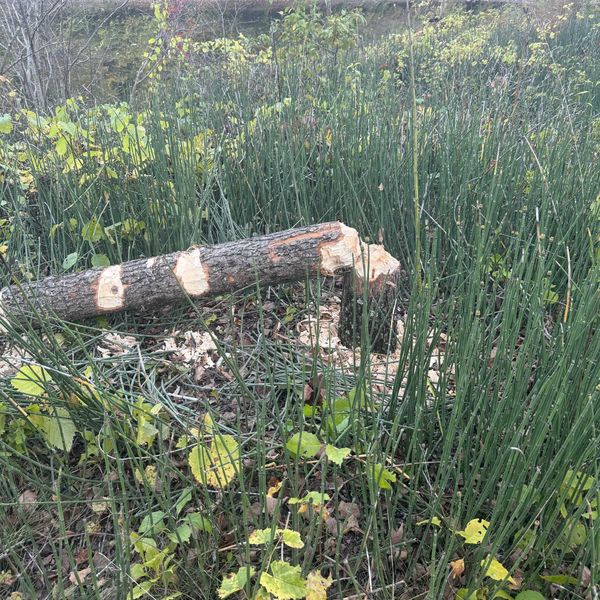
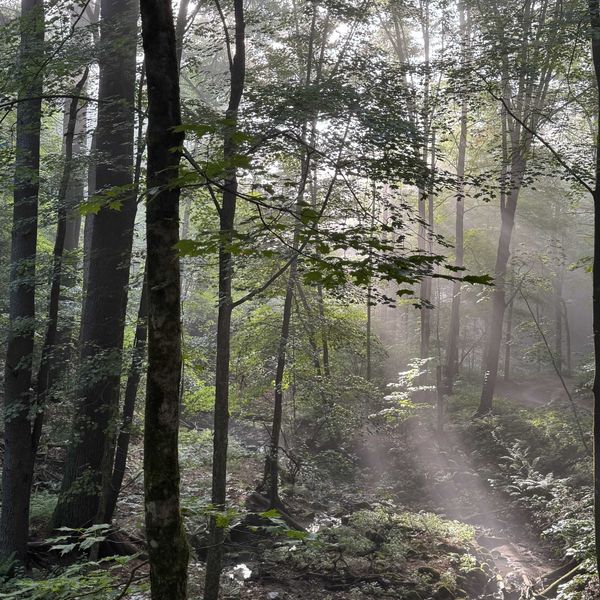
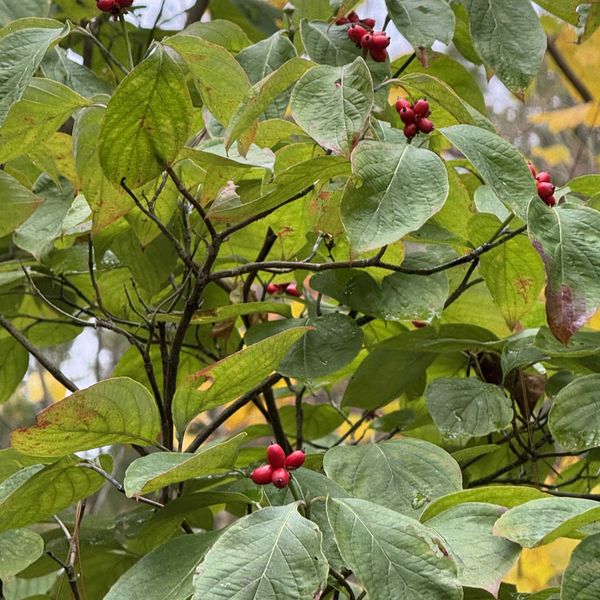
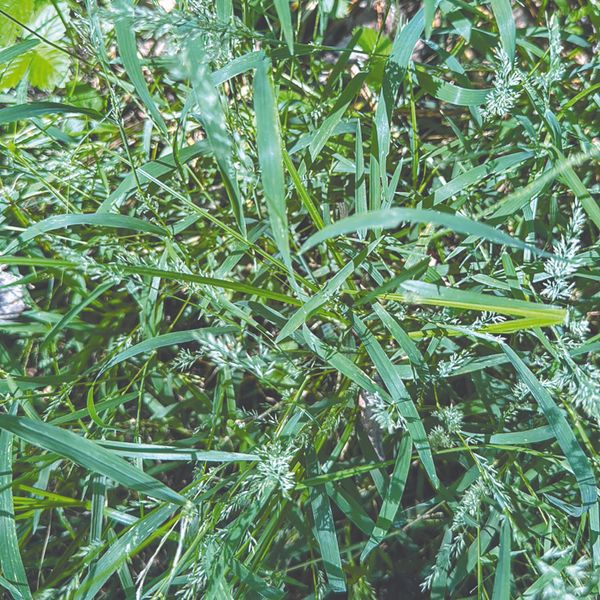
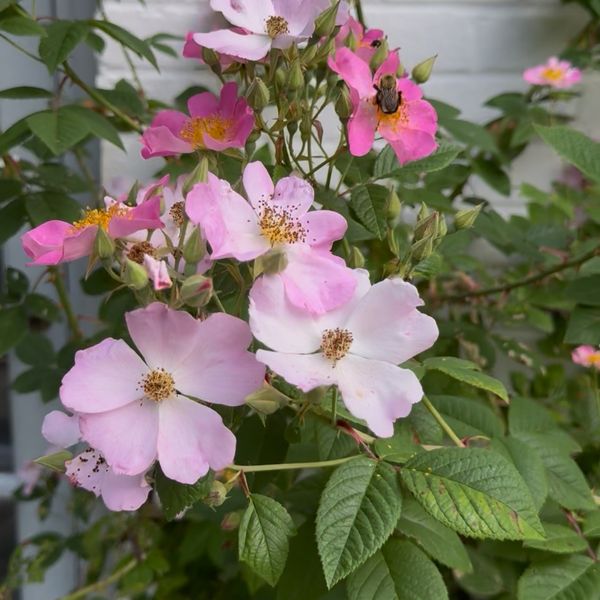


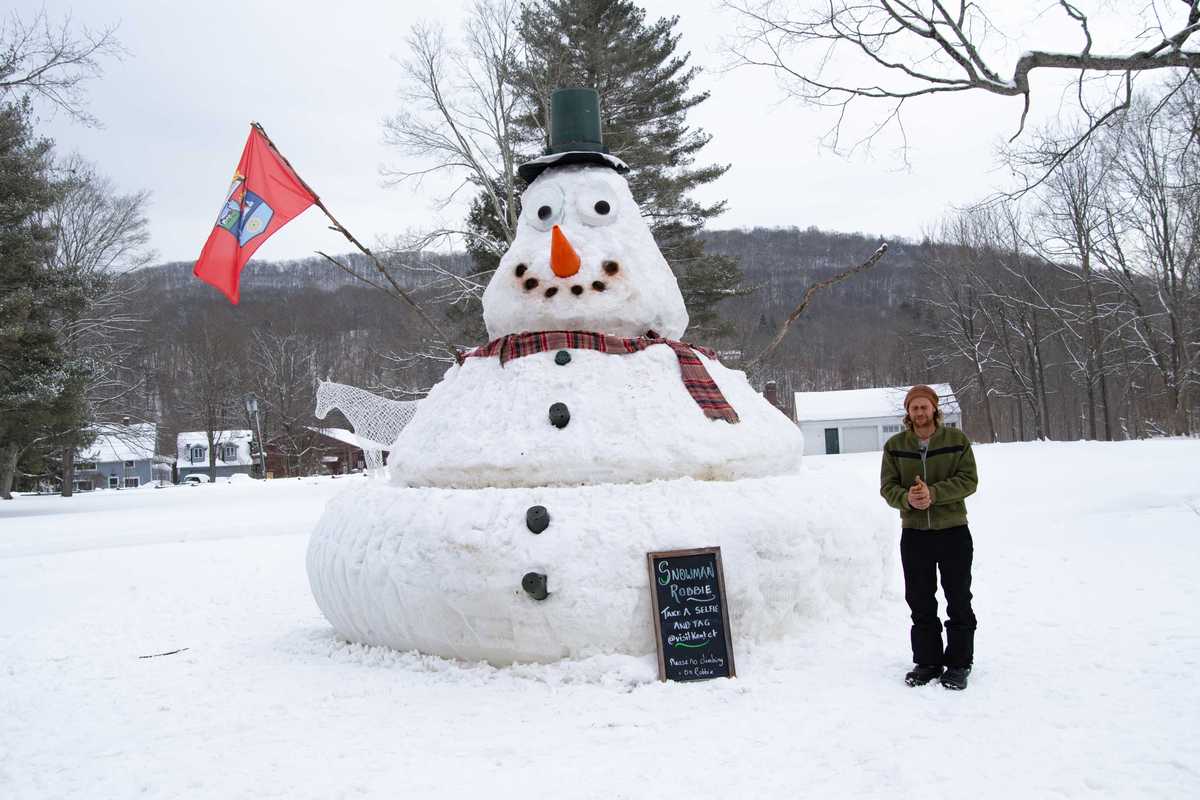



 lakevillejournal.com
lakevillejournal.com 



 Visitors consider Norman Rockwell’s paintings on Civil Rights for Look Magazine, “New Kids in the Neighborhood” (1967) and “The Problem We All Live With” (1963.) L. Tomaino
Visitors consider Norman Rockwell’s paintings on Civil Rights for Look Magazine, “New Kids in the Neighborhood” (1967) and “The Problem We All Live With” (1963.) L. Tomaino





